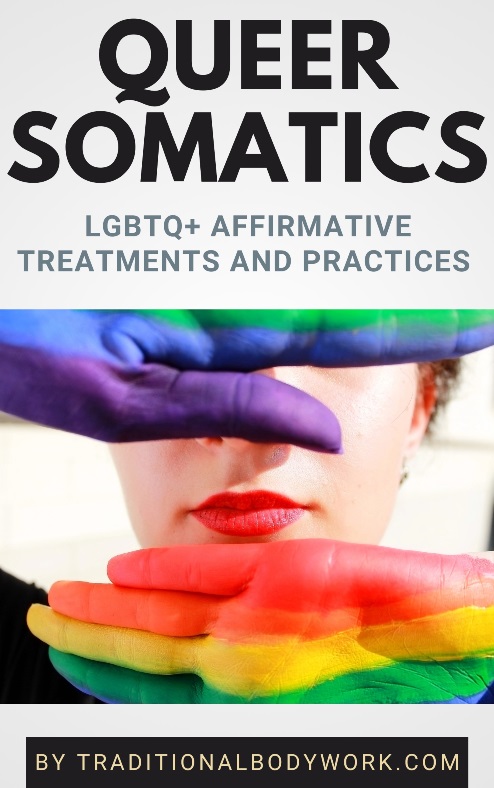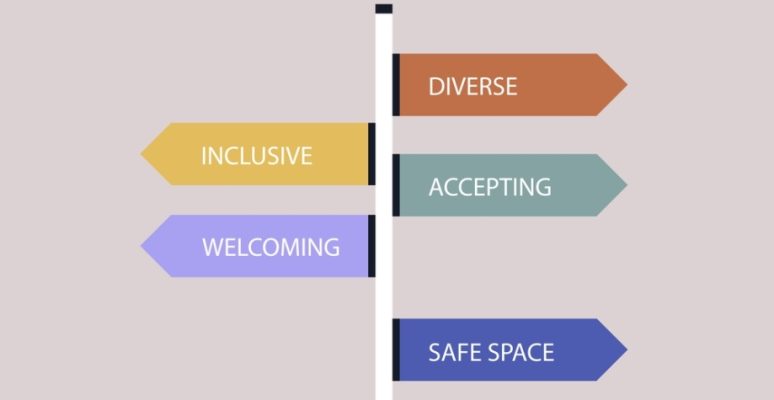
Members of the LGBTQ+ community often face particular challenges with regard to prejudice, stigma, bias, bullying, discrimination, hate crimes, rejection, and marginalization, which can lead to psychologically damaging phenomena such as emotional distress, trauma, stress, anxiety, fear, numbness, avoidance, post-traumatic stress disorder (PTSD), eating disorders, substance abuse, gender dysphoria, suicidal thoughts, body dysmorphia (BDD), and other mental health problems.

It’s for the abovementioned challenges that specialized LGBTQ+ Affirmative Therapy — also known as LGBT Affirmative Therapy or Queer Affirmative Therapy — can come to help as a therapeutic approach that offers a safe, compassionate, informed, and supportive understanding of the various unique emotional and mental health issues around gender, sexuality, and/or sexual orientation, and which endorses, affirms, validates and acknowledges the specific needs of LGBTQ+ individuals.
It’s important to understand that LGBTQ+ Affirmative Therapy doesn’t try to “fix,” shame, judge, or change sexual and gender-diverse people. It rather has a positive and trauma-informed approach supporting individuals in overcoming inner and outer societal obstacles and challenges (such as homophobia or transphobia), helping them to cope, process and/or heal from (chronic) stress, anxiety, depression, and PTSD, as well as helping them with other mental health issues related to gender, sexuality, body-image, relationships, self-esteem, personal growth, job and career, and so on.

In a general sense, we could say that the goal of LGBTQ+ Affirming Therapy is for the client/patient to come to a better sense of self and self-esteem, building authenticity, true self-connection and connection with the surrounding world, strengthening one’s voice and choice, and achieving mental and emotional wellbeing.
Typically, LGBTQ+ Affirmative Therapy is offered by a licensed Psychotherapist. It may exclusively be a form of Talk Therapy, but in an ideal situation the therapist would also be knowledgeable or proficient with a somatic approach or with Somatic Therapy in order to better address body-mind connections, which are so important in an LGBTQ+ context. Note that some Psychotherapists are indeed professional Body-Oriented Psychotherapists, which means that they — by default — combine and integrate Talk Therapy with Somatic Therapy.

 Find themed health, wellness, and adventure holidays around the world.
Find themed health, wellness, and adventure holidays around the world.















 Find themed health, wellness, and adventure holidays around the world.
Find themed health, wellness, and adventure holidays around the world.